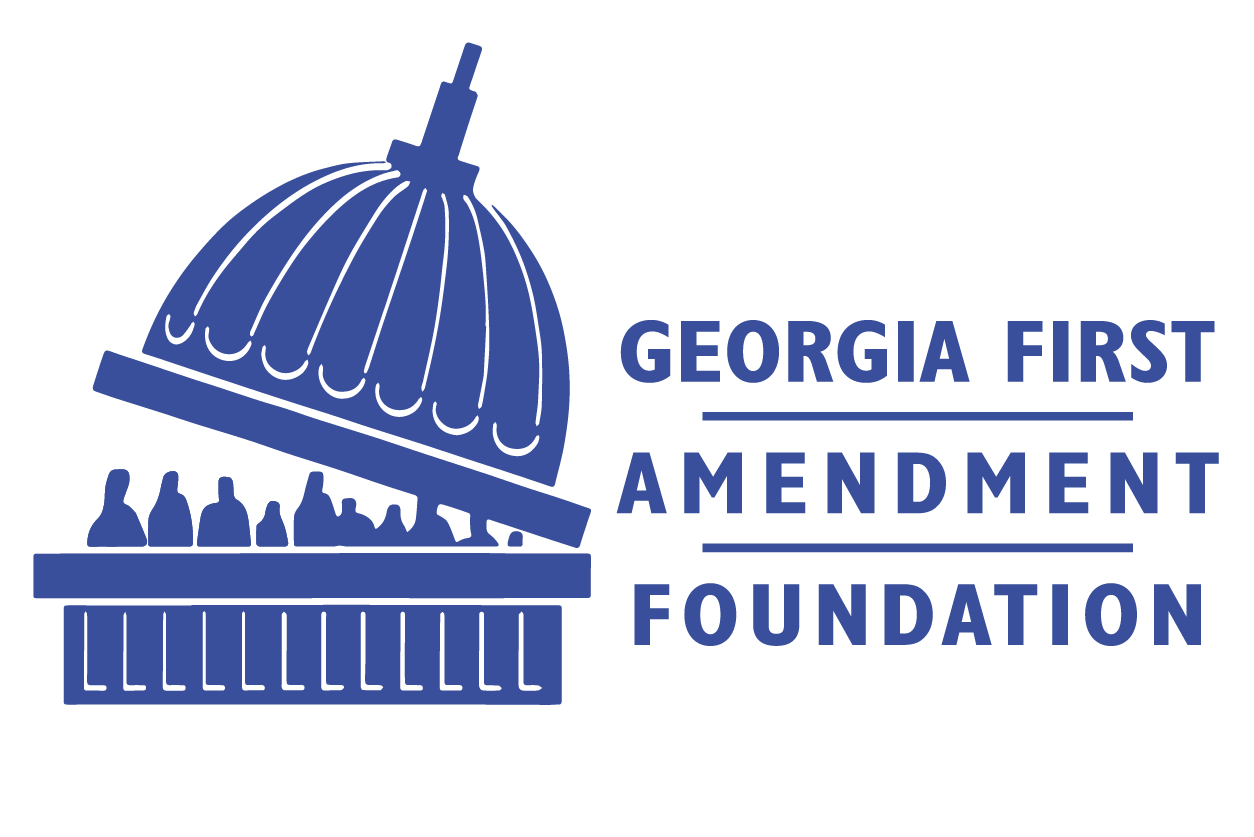By Richard T. Griffiths
Since the beginning of the Georgia Open Records Act, the Legislature has exempted itself from the state’s Sunshine Laws. Two identical bills, submitted by Gov. Brian Kemp’s floor leaders in the House and Senate, would fix that.
If passed, Senate Bill 503 and House Bill 1159 would amend the Official Code of Georgia to require “the General Assembly, including its individual members, committee, commissions, and offices…” to comply with the state Open Records Act.
With the Legislature on hiatus and lawmakers in self-quarantine because of the COVID-19 coronavirus, no action is imminent. Meanwhile, some political watchers are questioning the true intent of the legislation. Is it just political gamesmanship? Worse, is it an attempt by lawmakers to get their open records exemption on the record?

Richard T. Griffiths, GFAF president emeritus
At the moment, the state’s strongest legal rationale for why the General Assembly is exempt from the Open Records Act — as a recent court case demonstrated — is that the Legislature is not explicitly mentioned in the Act. The state argues that through that omission, legislators effectively exempted themselves from the law they created. If SB 503 and HB 1159 fail, would that bolster the case that the Open Records Act shouldn’t apply to the Legislature? Could lawmakers say that they considered including the General Assembly in the state’s Sunshine Laws, but then decided against it?
These are skeptical views of how business gets done at the statehouse. But we at the Georgia First Amendment Foundation have a more optimistic perspective. We think the very existence of these transparency proposals is welcome news for Georgians who want more openness in our state government.
Clear power, opaque processes
The General Assembly has an operating budget of about $45 million a year, and it helps decide what happens to a $27.4 billion budget in taxpayer dollars. Lawmakers set tax policy and make laws regulating life for all Georgians, including professional standards for occupations. But the Legislature isn’t required to be transparent about its documented processes, procedures or precisely how the money set aside for legislative business is allocated.
Much of what the Legislature does happens in the open, but that’s largely at the discretion of lawmakers. The rules that govern transparency in each chamber and committee are just that, rules, not laws. And arcane chamber rules are often hard for the layman to track down. That’s led to tension with journalists, advocacy groups and the public when legislators hold back on showing exactly how the sausage gets made.
Legislators make the case that they shouldn’t have to hand over sensitive emails and letters they get from constituents back home. They point out that House and Senate leaders effectively honor open records requests on such matters as expense accounts.
But the reality is that the Legislature’s open records exemption allows state senators and representatives to hide contacts with special interests and lobbyists, as well as bad behavior. Efforts by journalists to understand the extent of sexual harassment settlements involving senators, for example, were thwarted, even as the Senate made changes to its policy on sexual harassment and reviewed the case of an accused senator in secret.
The public has a right to know
The foundation applauds the governor and his floor leaders for proposing legislation that would make the Open Records Act apply to the General Assembly. When lawmakers return to the statehouse, the governor and his floor leaders need to twist some arms to get these bills turned into law. And citizens should take action, too. Email and call your legislators to remind them that the General Assembly’s business is the public’s business.
If the coronavirus crisis teaches us anything, it is that knowledge is power. And the people have the right to know what their elected representatives are doing. The public deserves to be informed about everything that is happening under the Gold Dome, not just what our elected officials decide we should know.
Richard T. Griffiths is president emeritus of the Georgia First Amendment Foundation.
